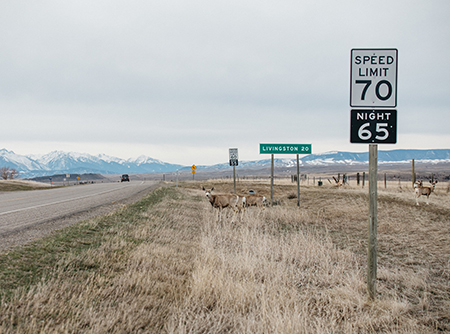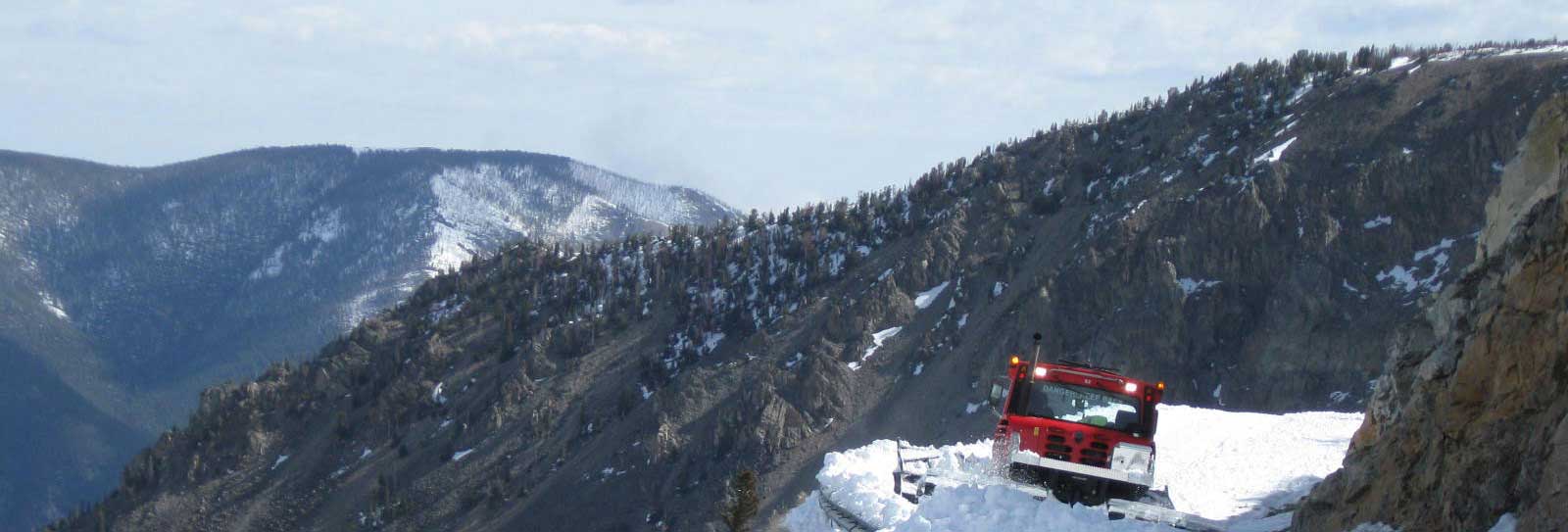
The Chronic Wasting Disease (CWD) a transmissible disease affecting deer, poses significant challenges for deer population management, and safe disposal of deer carcasses. Composting animal carcasses is an environmentally friendly disposal method and is being successfully used in some areas of Montana for animals killed along the roadways. Yet concerns persist regarding the presence of infectious proteins or prions that cause CWD in the compost byproducts. These prions are notoriously resilient, withstanding standard composting temperatures and environmental degradation, thus raising questions about their persistence and potential spreading through applications of compost byproducts.
Currently MDT cannot use the animal composting byproducts because the Montana Fish, Wildlife and Parks (FWP) has expressed concern that it may spread CWD to uninfected animals. The composting byproduct is essentially topsoil, which MDT has plenty of uses if available for application along the roadside. Currently, it is simply stored at the composting site. If it can’t be used, it will have to be disposed in a landfill.
This proposal investigates the feasibility of using deer composting byproducts in transportation applications (e.g., soil stabilization, erosion control, or road construction and topsoil for vegetation along MDT's ROW) while assessing the associated risks of prion contamination. The study also considers the detection limits of prions in compost and defines thresholds for “prion-free” classification based on current detection technologies.
Proposed: Research Problem Statement
For more information, contact
